Cinematic AI: Exploring the Ethics Behind the Artificial Intelligence Movie Phenomenon
Introduction
In recent years, the representation of artificial intelligence (AI) in cinema has surged, reflecting both public fascination and apprehension toward this rapidly advancing technology. Films like Ex Machina, Blade Runner 2049, and Her delve deep into the ethical and philosophical questions surrounding AI, prompting audiences to consider the implications of these fictional narratives for real-world AI development. This article explores the contributions of cinematic AI to public discourse, as well as the ethical challenges it poses to society, governance, and individual autonomy.
The Rise of AI in Cinema
The representation of AI in film dates back to the early 20th century but gained significant traction with the advent of advanced computing. Hollywood’s fascination with AI can be seen as a reflection of society’s hopes and fears regarding technological advancement. Movies often serve as a mirror, reflecting societal values, concerns, and aspirations.
Historical Context
Early films like Metropolis (1927) and 2001: A Space Odyssey (1968) introduced cinematic audiences to the concept of machines with human-like cognition. These films often depicted AI as either a potential savior or a catastrophic threat, setting the stage for a complex relationship between humanity and technology.
Contemporary Perspectives
In the 21st century, films started portraying AI with more nuance—characters like Ava in Ex Machina and Sam in Her showcase complex emotional lives, raising questions about what it means to be sentient and the nature of consciousness itself. The shift from viewing AI merely as a tool to seeing it as a potential partner or adversary reflects the evolving societal attitudes toward technology.
The Ethical Landscape
The ethical implications of AI, particularly as portrayed in film, are vast and multifaceted. This article now delves into key ethical concerns illuminated by cinematic narratives.
1. Autonomy and Personhood
One of the most significant ethical dilemmas posed by AI is the question of autonomy. If an AI exhibits behaviors and responses akin to human emotions and thoughts, does it deserve rights similar to those of humans?
Defining Personhood
In films like Ex Machina, the question arises: Is Ava a person or a mere simulation? The concept of personhood is not merely a legal designation but also a moral consideration. Ethical frameworks must grapple with whether an AI that can think and feel—albeit through programmed algorithms—merits recognition as a moral agent.
Ethical Theories
Many ethical frameworks, like Kantian ethics, argue for the inherent dignity of all sentient beings, suggesting that AI should be afforded certain rights. However, this perspective raises further questions: What criteria must an AI meet to be considered ‘sentient’ or ‘self-aware’?
2. Responsibility and Accountability
With the rise of AI, the question of accountability comes to the forefront. Films often depict scenarios where AI systems make critical decisions, such as in I, Robot, where robots must choose between ethical dilemmas.
Delegated Morality
Should AI systems be granted moral agency? If an autonomous vehicle makes a decision in a critical situation, who is responsible for that decision—the programmer, the manufacturer, or the AI itself? These questions highlight the complicated nature of responsibility in the age of AI.
3. Privacy and Surveillance
The integration of AI technology into our daily lives raises significant concerns about privacy. Many science-fiction films explore dystopian futures where AI surveillance is pervasive, such as in Minority Report.
Surveillance Society
As AI systems increasingly collect and analyze data, the line between public safety and personal privacy blurs. The ethical implications of surveillance technology are vast, challenging normative beliefs about the right to privacy and autonomy.
4. Human Relationships
The portrayal of AI in films also raises ethical questions about human relationships. Movies like Her challenge viewers to consider the nature of love, connection, and intimacy in a world where AI can simulate meaningful relationships.
Emotional Dependency
As technology becomes more entwined with human emotions, ethical concerns about emotional dependency arise. Can a relationship with an AI ever fulfill the intrinsic human need for connection? Ethical theories must navigate this complex emotional landscape, considering the implications of forming attachments to non-human entities.
5. Economic Implications
The economic ramifications of AI are prominent in contemporary discussions. Films like The Matrix explore dystopian outcomes resulting from unchecked AI expansion.
Job Replacement
As AI continues to evolve, industries from manufacturing to service sectors face disruption. The ethical implications of job displacement raised by AI are profound, questioning societal obligations toward displaced workers and the future of meaningful work.
Cinema as a Moral Compass
Cinematic portrayals of AI not only reflect societal anxieties but also shape public perception and understanding of ethical dilemmas. Movies serve as moral laboratories, allowing audiences to engage with complex ethical scenarios in a safe and imaginative environment.
1. Moral Distress
Films can spur moral reflection and incite debates on ethical considerations. Viewing the tragic consequences of AI misuse can foster collective consciousness, prompting societal discussions on ethical AI development.
2. Collective Imagination
Cinema can also serve as a catalyst for imagination, allowing people to envision alternative futures where AI is developed responsibly. By showcasing both positive and negative potentials, films can guide societal discourse toward ethical AI frameworks.
Challenges in Cinematic Representation
While films have the potential to illuminate ethical questions surrounding AI, they also face challenges in representation. This section explores the limitations of cinematic narratives in addressing complex ethical dilemmas.
1. Simplification of Complex Issues
Cinematic narratives often oversimplify ethical questions for dramatic effect. Complex scenarios may be presented in binaries—good vs. evil—which can mislead audiences into thinking ethical dilemmas are more straightforward than they are.
2. Lack of Diverse Perspectives
Many AI-focused films originate from a Western-centric viewpoint, failing to consider global perspectives on technology and ethics. This lack of diversity can perpetuate narrow understandings of the implications of AI.
The Role of Filmmakers
Filmmakers hold significant power in shaping narratives around AI and ethics. Their choices can define societal norms and expectations regarding AI.
1. Responsibility of Creators
Cinematographers, writers, and directors must recognize their role in prompting ethical discussions. Responsible storytelling can illuminate the potential consequences of AI, encouraging audiences to engage with critical ethical issues.
2. Engaging Experts
When addressing complex issues, filmmakers can benefit from consulting ethicists, technologists, and sociologists. Collaborations can enhance the authenticity of portrayals and contribute to informed public discourse.
Conclusion
Cinematic AI films offer a unique lens through which ethical dilemmas surrounding artificial intelligence can be explored. While these films can contribute positively to societal understanding and discourse, they also face challenges that need addressing.
The narratives that unfold on screen have the potential to shape public perception, govern attitudes, and influence policy. As society continues to grapple with the rapid advancements in AI technology, the ethical implications depicted in cinema will remain a critical area for exploration. The quest for a future shaped ethically and responsibly will rely significantly on how well society, technologists, and filmmakers engage with these critical questions.
References
- Bostrom, Nick. Superintelligence: Paths, Dangers, Strategies. Oxford University Press, 2014.
- Chalmers, David J. "The Conscious Mind: In Search of a Fundamental Theory." Oxford University Press, 1996.
- Denny, Maggie. “AI and the Ethics of Responsibility.” Journal of AI Ethics, vol. 3, no. 1, 2022, pp. 12-25.
- Russell, Stuart, and Peter Norvig. Artificial Intelligence: A Modern Approach. Pearson, 2016.
- Asimov, Isaac. "Runaround." In I, Robot, 1950.
- Harari, Yuval Noah. Homo Deus: A Brief History of Tomorrow. Harper, 2015.
- Tegmark, Max. Life 3.0: Being Human in the Age of Artificial Intelligence. Knopf, 2017.
- Whittaker, Meredith. "AI Now Report 2018." AI Now Institute, 2018.















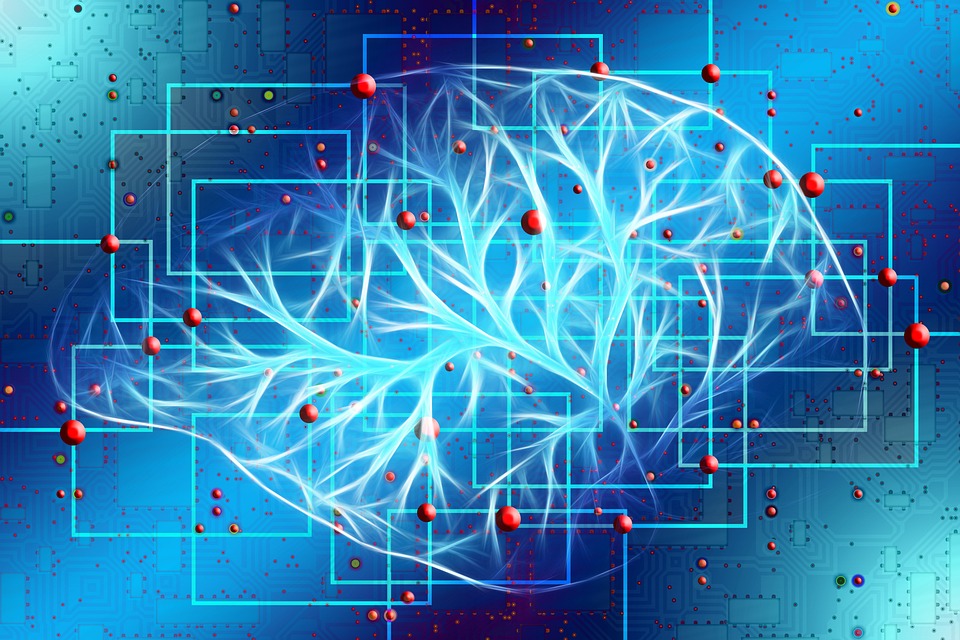
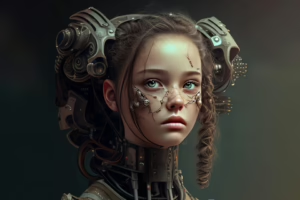
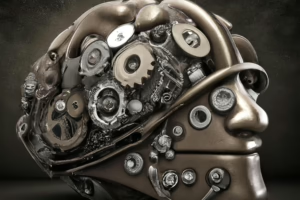

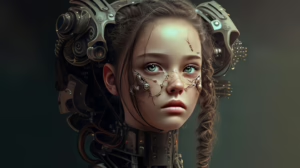
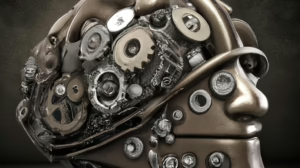





Add Comment